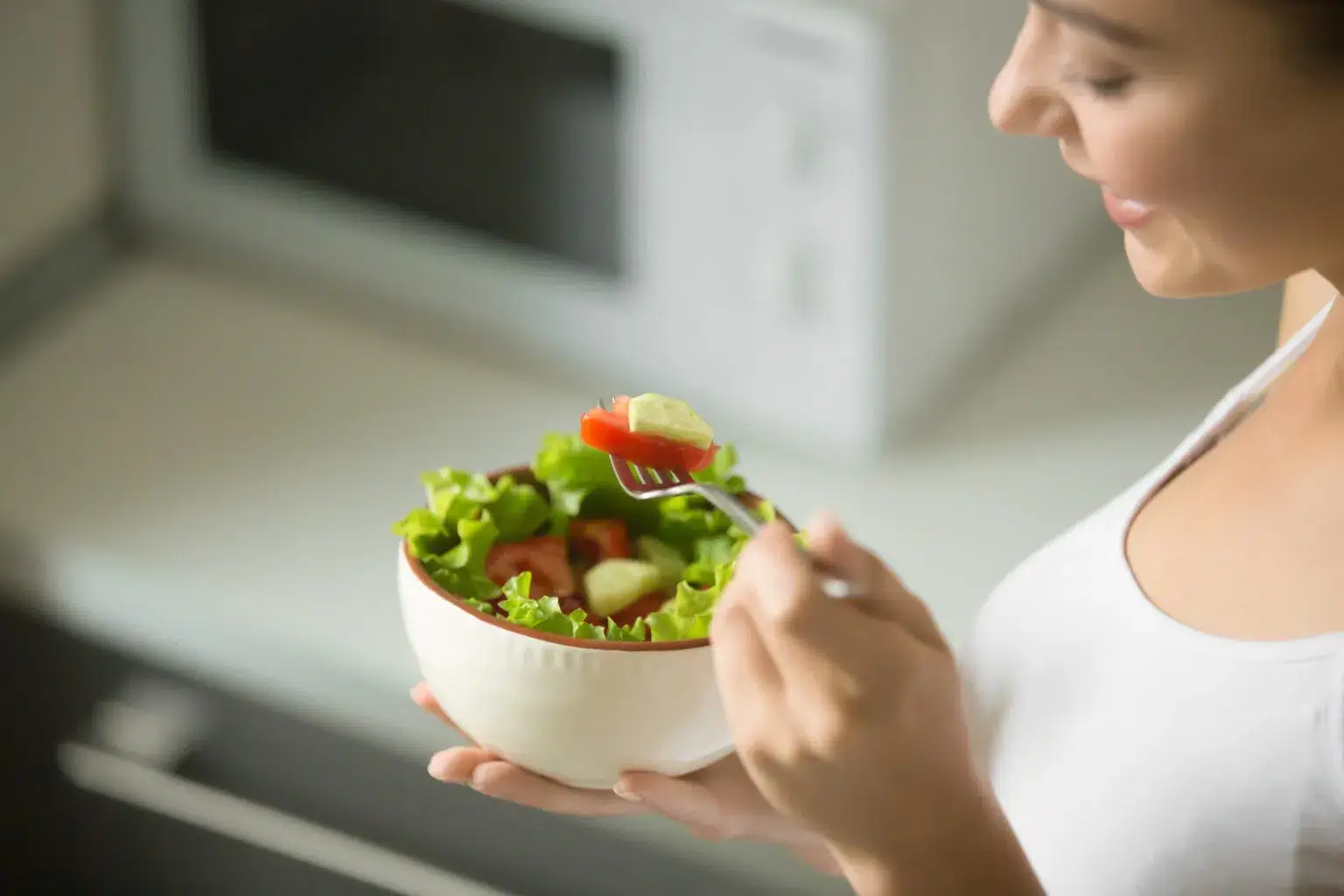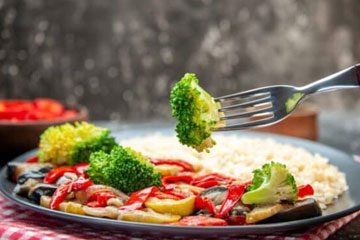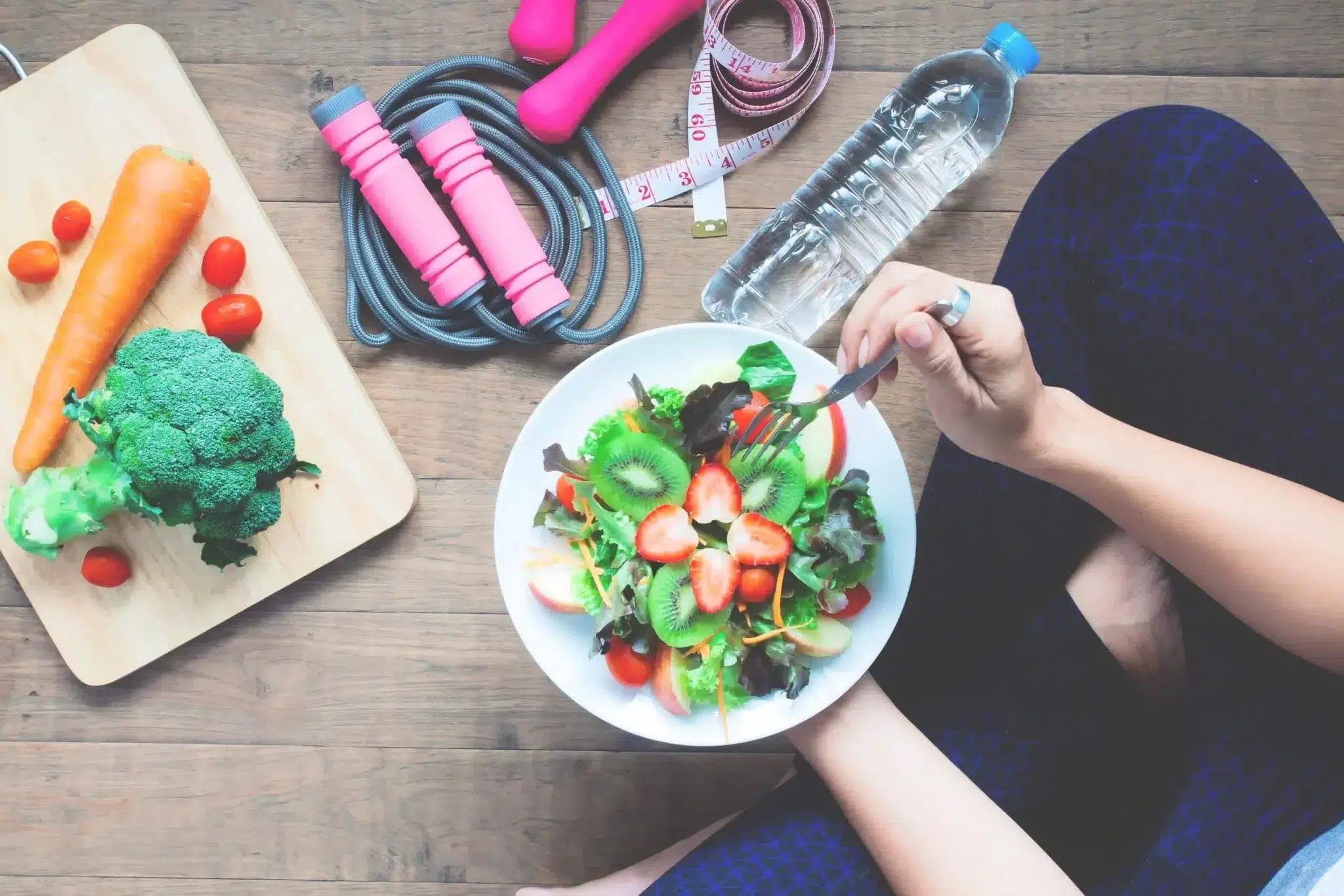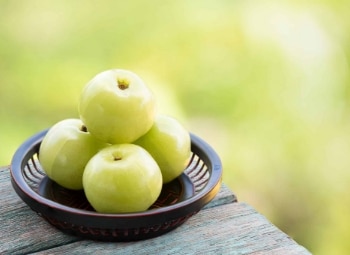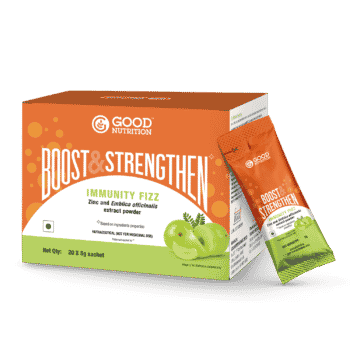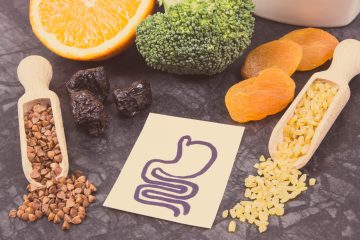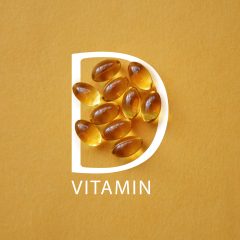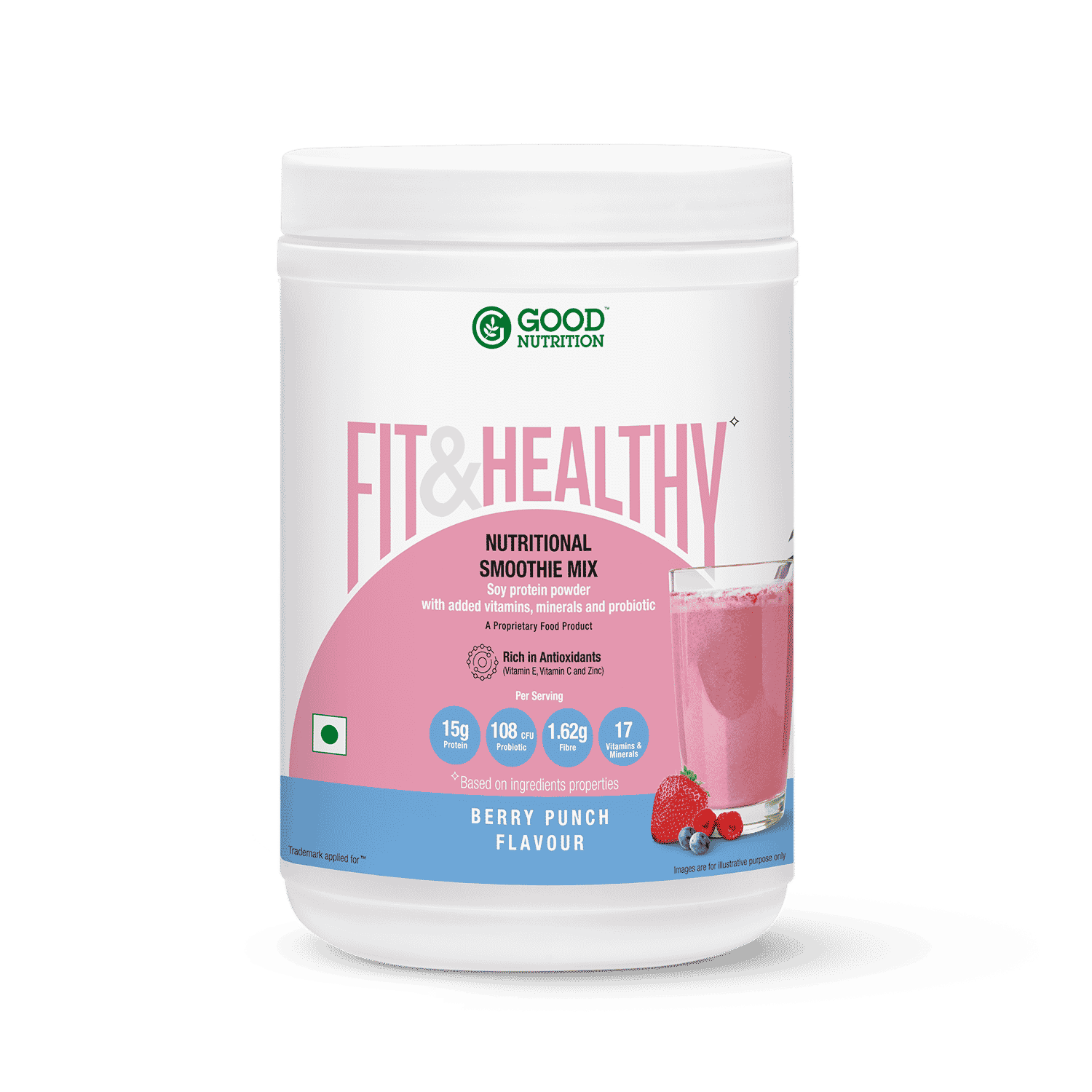Have you seen sometimes when you eat a scoop of ice cream in the winter, you catch a cold and sore throat? Eating out sometimes does not suit your digestive system and you end up having loose stools. These are signs of the defense mechanism of the body against any invasion of a virus or bacteria
What is the immune system?
The immune system comprises various tissues and organs that protect against infections and toxins. The main part of the immune system is WBC (White blood cells), antibodies, the lymphatic system, spleen, bone marrow, and thymus. They are arms and ammunition in our body that fight against any invasion of virus, bacteria, toxins, or anything which is considered harmful to your body. The skin on the inside of the nose, throat, and genitals is also part of the immune system. All of this help to create and store cells that work like a soldier at the border round the clock to protect the body and keep it healthy.
What is immunity?
We come to this world with a certain level of protection or immunity. An infant who has a very low defense against infection gets antibodies from their mother’s milk. The body continuously develops a bank of antibodies as and when we come across an illness for the first time so that it can fight against the same in the future.
Types of immunity
There are two types of immunity:
- Active immunity
It is naturally created by our immune system and activates itself when we come across a pathogen. They are quick in response to the pathogen. One who gets chickenpox will never get it back as the body has been immune to the disease. Immune memory consists of T & B cells that recognize the pathogen whenever there is an attack of the pathogen. Active immunity works just like our heart and lungs constantly to keep us healthy. Vaccination also contributes to active immunity. It is an acquired or adaptive immunity where a weakened or killed pathogen is injected so that the body produces antibodies. - Passive immunity
Passive immunity is when antibodies are given to you instead of the body producing the same via the immune system. Maternal passive immunity is when a newborn gets antibodies from its mother via the placenta. Breast milk also provides antibodies to an infant to fight against infection. You can also get passive immunity from the antibodies blood products such as immunoglobins. When a person is bitten by a poisonous snake, antivenom medicine provides a mixture of antibodies against the venom thus providing passive immunity.
How can you keep the immune system well?
– Eating healthy and nutritious food on a daily basis.
– Being physically active
– Limiting alcohol
– Avoid smoking
– Working towards a healthy weight
– Getting adequate sleep
– Restricting sugar intake
– Managing stress level
– Include foods rich in vitamin C, vitamin A, vitamin E, iron, zinc and selenium.
– Inclusion of probiotics in the diet keeps our gut healthy
Our immune system is the cornerstone to keeping us strong and healthy. It is in our hands how we boost our immune system to be active to keep fighting against illnesses. Adopting a healthy lifestyle and appropriate diet can make a lot of difference.
